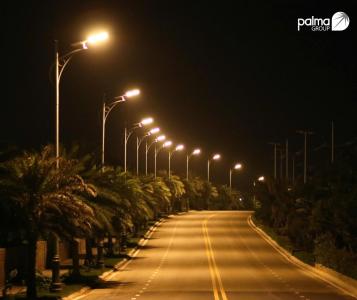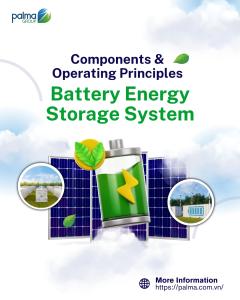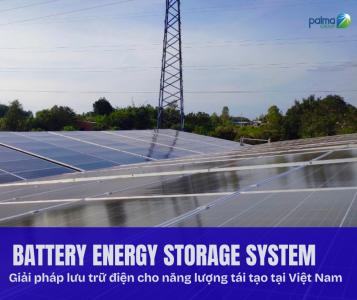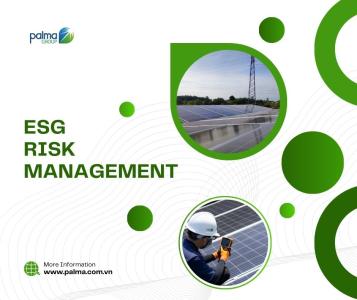News
PALMA SOLUTIONS JSC
CAN SOLAR LIGHTS TRULY SHINE AS BRIGHT AS TRADITIONAL GRID-POWERED LIGHTS?
The advancement of technology has transformed solar lights from once dim and limited devices into powerful, independent lighting solutions. Yet, many still wonder: can solar lights deliver the same stable and intense brightness as conventional grid-powered lights?
Lumen Output – The Key Factor in Brightness:
At its core, the brightness of any light—whether grid-powered or solar LED—is measured in lumens (lm). In the past, solar lights typically offered far lower lumen output compared to electric lights of the same wattage. However, with the emergence of high-efficiency solar LED chips and premium lithium batteries, this gap has narrowed significantly. Today’s solar streetlights and floodlights can generate sufficient lumen levels to meet even stringent public lighting standards.
That said, there is one fundamental difference: grid-powered lights provide maximum and consistent brightness thanks to an unlimited energy source, while solar lights are often designed with energy-saving mechanisms. Many smart solar models deliver 100% brightness for the first few hours, then reduce output (for example, to 20–30% with motion sensors) later at night, or maintain a steady 70% brightness level to ensure continuous illumination until dawn.
Three Factors That Determine the Actual Brightness of Solar Lights:
The brightness of a solar light depends on the performance of the entire system—not just the LED chip. To ensure reliable illumination throughout the night, three critical factors must be optimized:
Solar Panel Efficiency and Installation: Panels must capture sufficient sunlight (typically 8–10 hours) to fully charge the battery. Dust, shading, or poor installation angles can reduce energy absorption, forcing the light to operate at lower capacity and deliver weaker brightness.
Battery Quality and Capacity: The storage battery is the "heart" that powers the LED light. The larger the capacity (Ah) and the higher the quality, the longer and brighter the light can perform—even through cloudy days with limited sunlight.
Smart Controller: The controller regulates the flow of energy from the battery to the LED chip. Advanced systems such as ALS (Adaptive Lighting System) optimize efficiency, prevent overcharging or deep discharge, and dynamically adjust brightness levels throughout the night to ensure lasting performance.
Modern solar lights have become a truly viable alternative in terms of brightness. By choosing high-quality products with the right lumen output and ensuring proper installation, users can enjoy powerful, reliable, and safe lighting—all while eliminating electricity costs and supporting a more sustainable future.
03/10/2025 14:52:34
News other
Explore the components, operating principles, battery technologies, and sustainable lifecycle of Battery Energy Storage Systems (BESS) – a key solution toward Net Zero.
Battery Energy Storage Systems (BESS) help Vietnam optimize renewable energy, stabilize the power grid, and accelerate the clean energy transition.
 PALMA SOLUTIONS JSC
PALMA SOLUTIONS JSC



_-10-12-2025-00-33-27.jpg)


![[PALMA x NOVALAND] WORKSHOP ON MAINTENANCE AND SERVICING OF SOLAR LANDSCAPE LIGHT PLL-30 AT NOVA HILLS – MUI NE [PALMA x NOVALAND] WORKSHOP ON MAINTENANCE AND SERVICING OF SOLAR LANDSCAPE LIGHT PLL-30 AT NOVA HILLS – MUI NE](https://palma.com.vn/upload/z3634653067260_15cb1f4d62b14f3a684fdf4ee9de4870_-11-08-2022-13-55-36.jpg)




_-24-10-2021-21-55-01.png)
_-21-04-2022-13-38-01.png)
